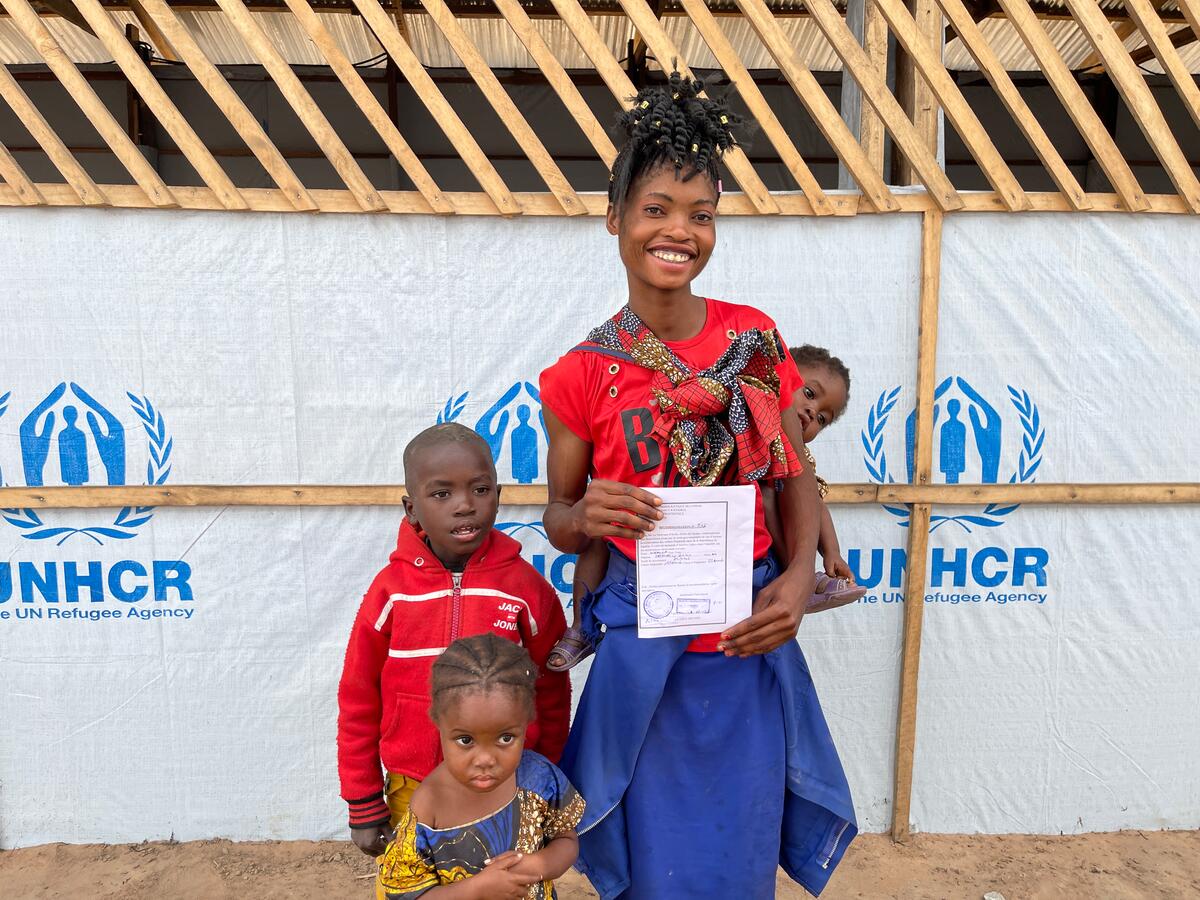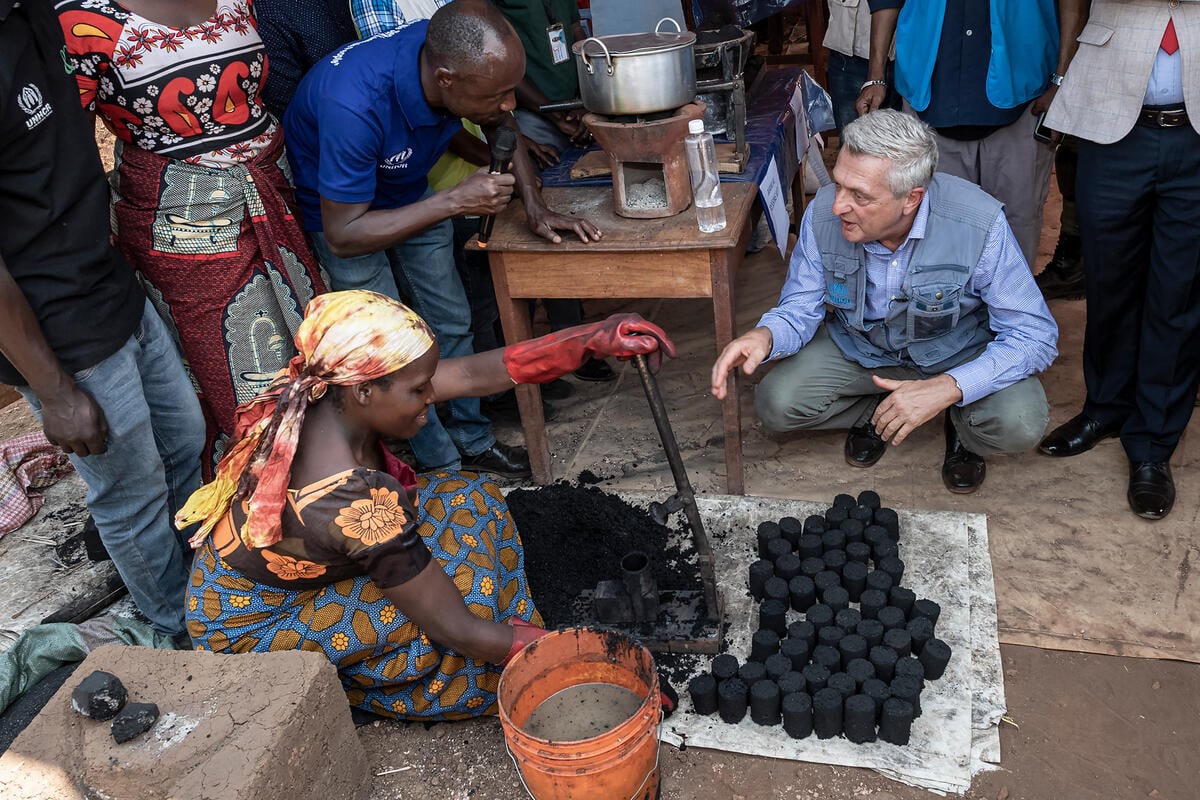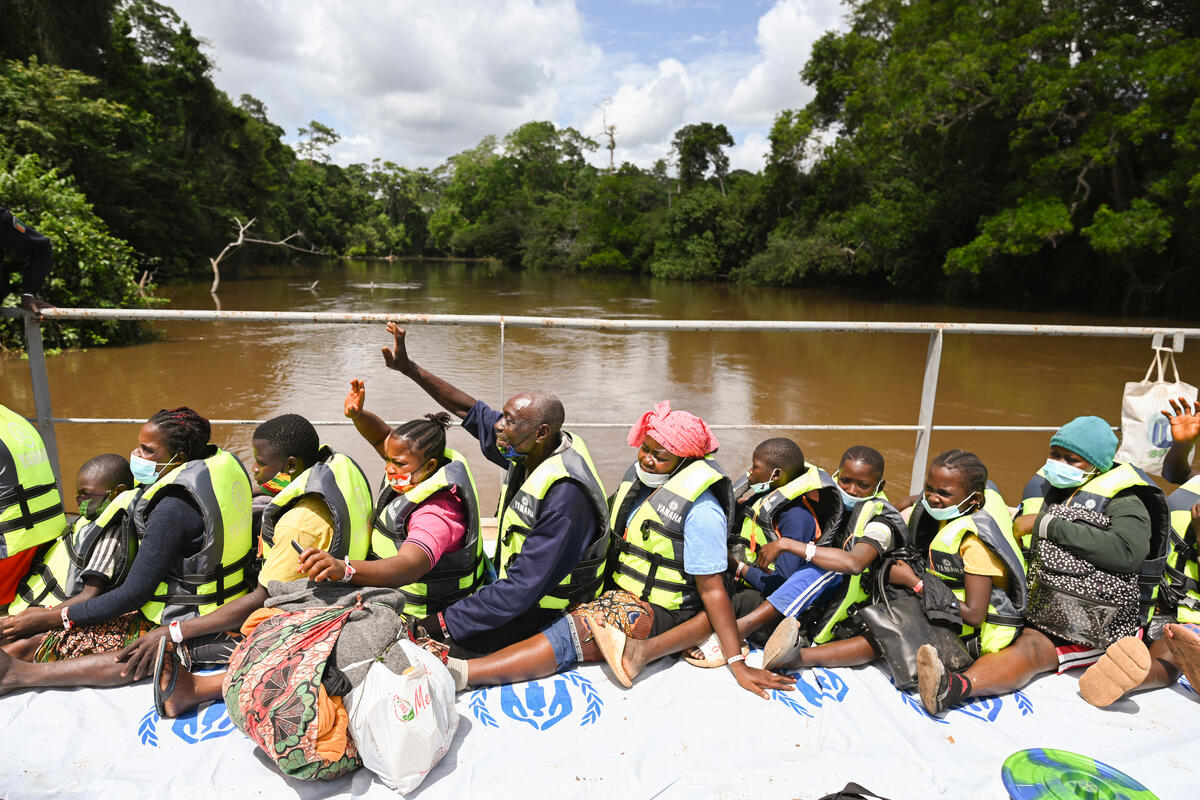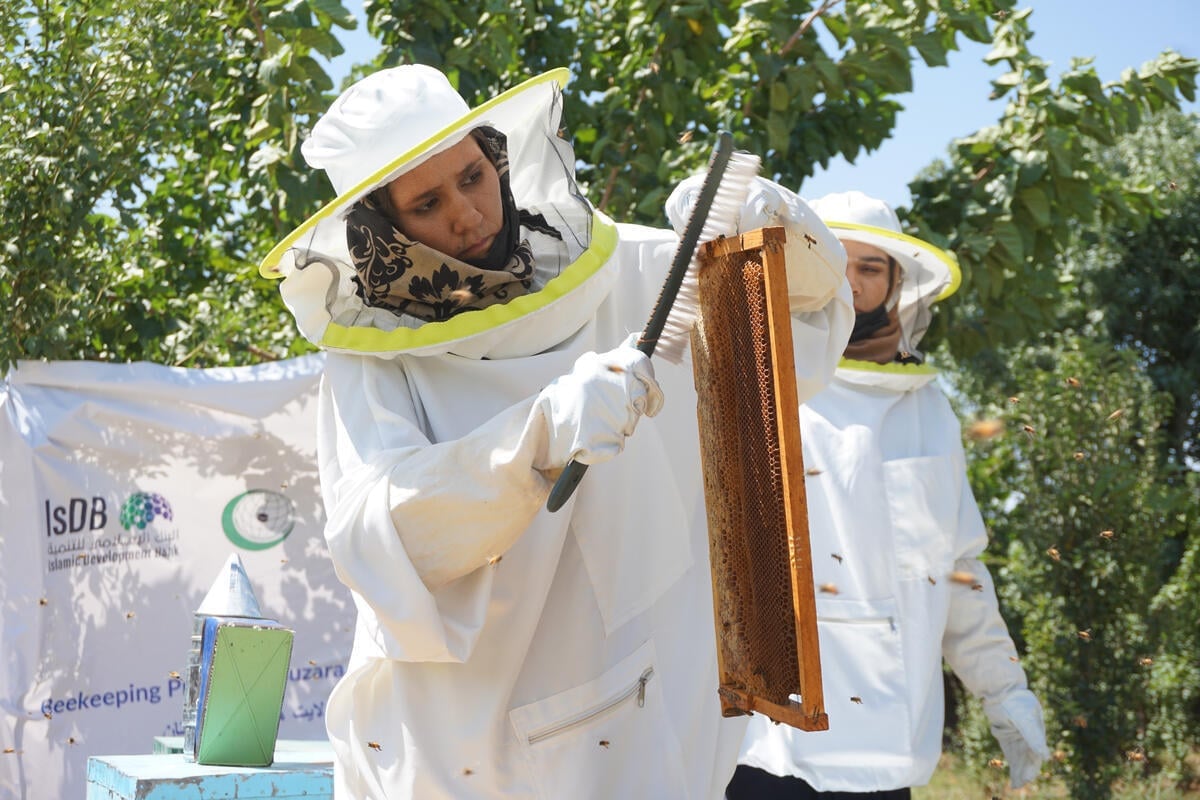UNHCR urges governments against forcible returns to Central African Republic
UNHCR urges governments against forcible returns to Central African Republic

GENEVA, April 30 (UNHCR) - The UN refugee agency has advised governments worldwide against forcibly returning people to the Central African Republic (CAR). This is in light of the current fluid and dangerous situation in the country, including the wide prevalence of human rights violations and the grave and deteriorating humanitarian situation.
The advisory on returns was issued late last Thursday. It stresses that under current circumstances many people fleeing CAR are likely to meet the OAU Convention and 1951 Refugee Convention criteria for refugee status.
UNHCR spokesman Adrian Edwards said in Geneva that the situation in CAR had worsened since December 2012 when Seleka forces launched a series of attacks from the north before taking over the capital, Bangui, in late March.
"In the wake of the offensive, targeted killings, arbitrary arrests and detention, torture and recruitment of children have been widely reported. Rape, disappearances, kidnappings, as well as extortion and looting in Bangui and other parts of the country are also being reported," he said, adding that "humanitarian access to the people affected remains severely restricted."
The violence of recent months has seen some 173,000 people displaced internally, and almost 50,000 made refugees - mainly fleeing to neighbouring Democratic Republic of Congo (37,000) but also to Chad (5,000) and Cameroon (2,000).
"Our aim through issuing this advisory is to see that humanitarian and asylum principles are upheld until conditions in CAR allow for safe and dignified returns. It is also important that asylum remains civilian in nature, and for this reason we are recommending that states exert caution to identify combatants and separate them from the refugee population," Edwards said.
"Our advisory stresses that exclusion from refugee status may need to be looked into for some individuals, beyond those who are combatants. This would apply, for example, to people who may have been involved in war crimes and crimes against humanity in CAR," he added.









